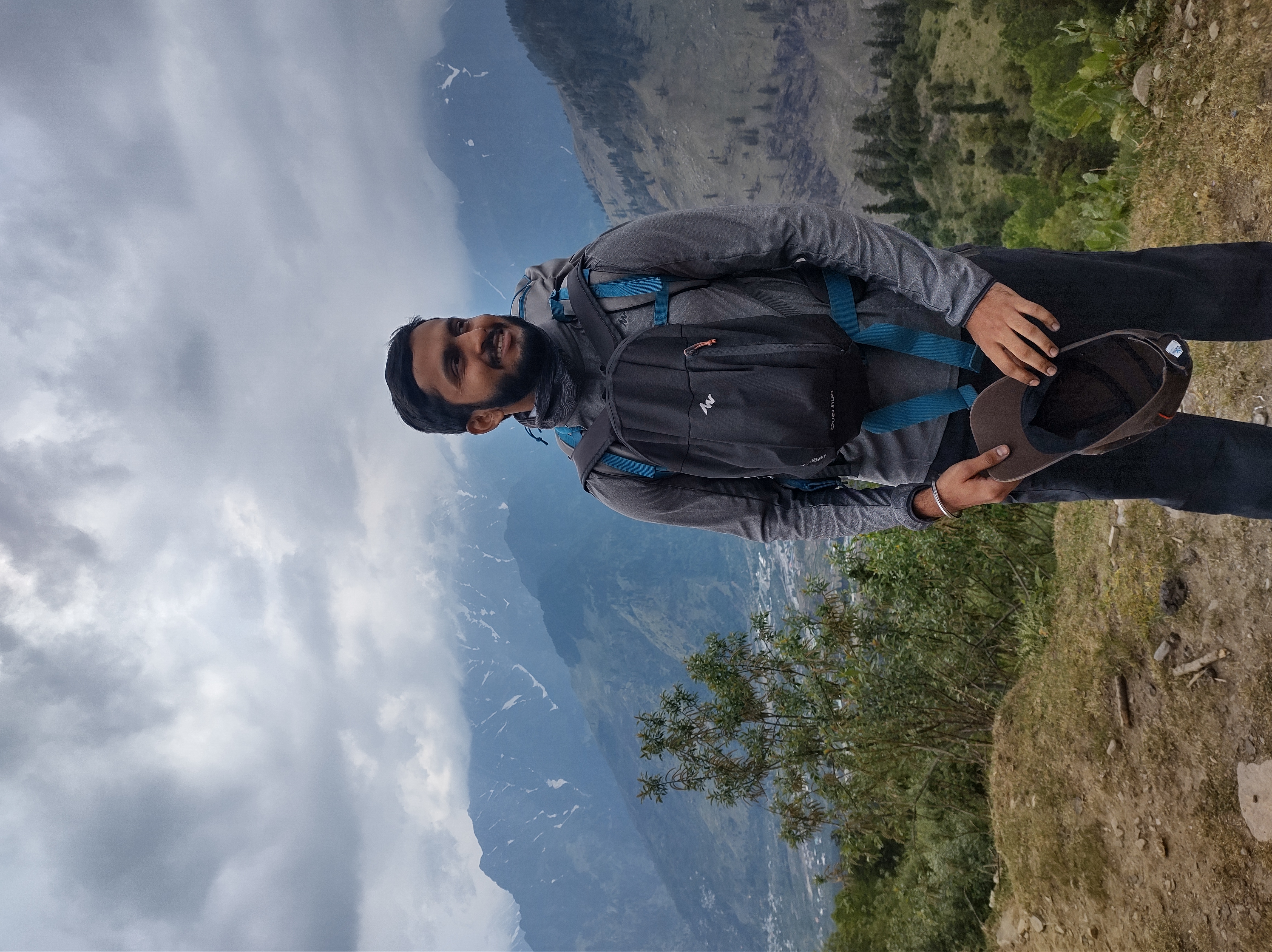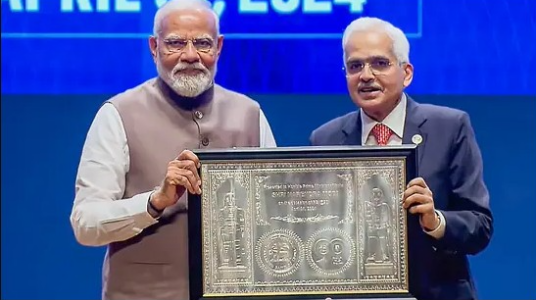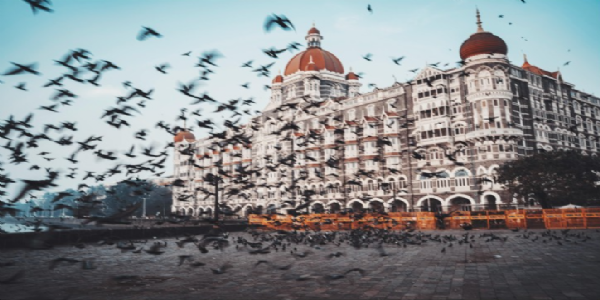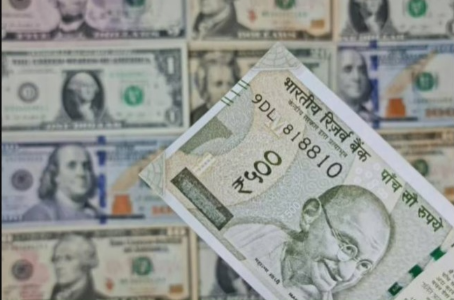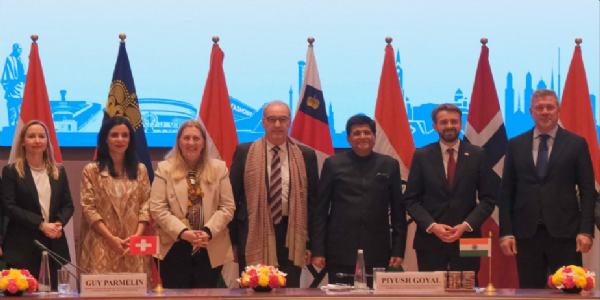Revdi Culture: destruction of the Indian economy and buying votes
For the first time since the late 1960s or the early 1970s, when Swatantrata Party got obliterated in the elections. We are seeing the beginning of a political debate over the economy in India. For the first time in over 50 years, we are debating whether the socialist (for the lack of better alternative) policies are being advocated by one side and are being opposed by another.
Total Views | 296
The ‘Revdi culture’ is now getting a lot of attention in our political discourse. PM Modi attacked this Revdi culture in Indian politics in which politicians promise and deliver Freebies to their voters and potential voters at the expense of the exchequer. PM Modi has asked the Indian citizens and especially the youth to not get fooled by this Revdi culture. He was speaking in Bundelkhand during the Bundelkhand Expressway inauguration.
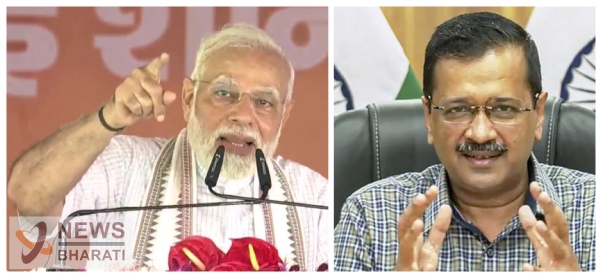
PM Modi further added that those who distribute such Revdi will never build Expressways or airports or any infrastructure projects in India. On the other hand, Delhi CM and AAP chief Arvind Kejriwal are openly trying to promote this Revdi culture by saying people should get free electricity, free bus rides, and ‘yatras’. For the first time since the late 1960s or the early 1970s, when Swatantrata Party got obliterated in the elections. We are seeing the beginning of a political debate over the economy in India. For the first time in over 50 years, we are debating whether the socialist (for the lack of better alternative) policies are being advocated by one side and are being opposed by another.
The Reserve Bank of India (RBI) report on the state’s performance has highlighted some dangers for those states. In the states like Punjab, Andhra Pradesh, West Bengal, and Kerala, the debt to GSDP (Gross State Domestic Products) ratio is under enormous stress. For the fiscal year of 2020-21, Punjab- 49.1%, Rajasthan 40.5%, Kerala and WB both at 37.1%, and Andhra Pradesh 35.5%. And there is also a state which used to be a ‘Surplus’ state 8 years ago and has now gone down to have a 25% debt to GSDP ratio. All of this is terrible to say the obvious. But the Table 5 of RBI data is even more startling. States like Punjab and Andhra Pradesh have announced freebies of 2.7% and 2.1% of GSDP. This is nothing but buying votes using taxpayers' money. All the ruling parties in these states are distributing freebies to get more and more votes to get power and make people more and more reliant on the state itself. This is a textbook way of following Sri Lanka’s footsteps and if these politicians get power in the Centre, the same road leads to the USSR or the Communist China.
Also Read: Why Urbanization is a necessity in India
Kejriwal and the other left-wing politicians in India want people to rely more and more on the state. So that the state (which they would control) can control people to a greater extent. If people get used to everything getting free, they stop taking efforts to make themselves less reliable. This leads to social institutions getting eroded and an evergrowing state itching to occupy that role. This makes the state an all-powerful and eventually a non-democratic institution.
Also Read: How did 'Prosperous' Sri Lanka fail?
The Indian economy is today the strongest in the region, only because the Modi government in the last 8 years and especially in the last 2 years since the Pandemic, did not do what ‘experts’ wanted it to do. The Modi government did not hand out money to the citizens like many western countries like the US did, something which many experts were asking for. Modi govt on the other hand stuck to its ‘conservative’ economic spending and refrained from the very easy, populist, and short-term cash printing and handouts solution. It received criticism for not helping our economy grow for a year. But now, the entire world is facing a grave danger of recession, while India is facing only a mild recession. Today, the USA is practically in recession, no matter how hard the Secretary of treasury denies that and calls it a ‘slow down’. The USA, the largest economy in the world, with the Dollar as the reserved currency of the world is facing a 9.1% inflation. It is scary to even imagine the state of the Indian economy if India had employed the same methods. While the fall in rupee is being criticized, it has fallen only 7% (at the back of once in the century pandemic), while in UPA 2 era it fell 27% in just a couple of years.
Also Read: Nupur Sharma, Brandenburg test, and 295A
Of course, there are schemes like free ration, Kisan Samman Nidhi, etc by the Modi government itself. And people like me who are against any such freebies, do criticize the Modi govt for the same. But in a political landscape where Revdi culture is rampant with free electricity, free bus rides, and free ‘yatras’, free food is the least dangerous and least expensive option to choose from. As the RBI report itself says, “While there is no precise definition of freebies, it is necessary to distinguish them from public/merit goods, expenditure on which brings economic benefits, such as the public distribution system, employment guarantee schemes, states’ support for education and health (Singh, 2022).”


